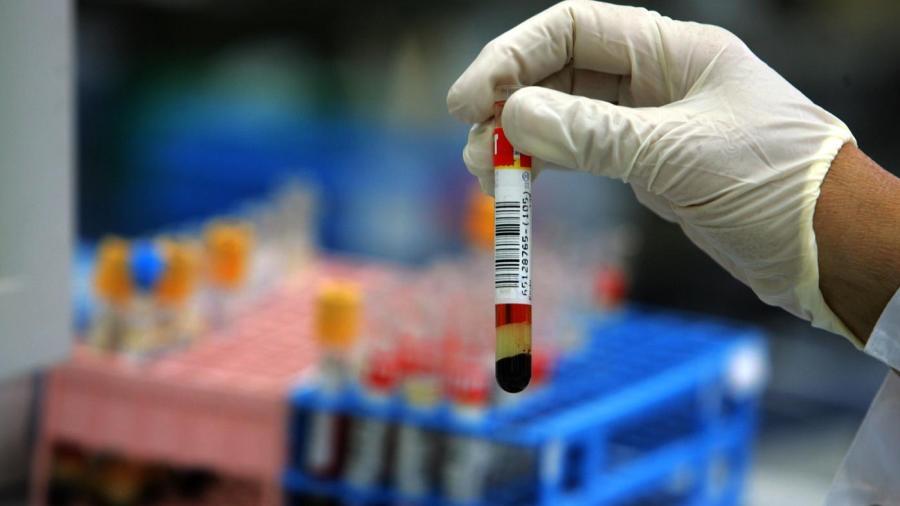What Does the TSH 3rd Generation Test Mean?

The thyroid stimulating hormone (TSH) 3rd generation test is a blood test that measures the amount of thyroid stimulating hormone in the bloodstream. It is used to check for hypothyroidism and hyperthyroidism.
Doctors use the thyroid stimulating hormone test to figure out if their patients have underactive thyroids, known as hypothyroidism, or overactive thyroids, which is called hyperthyroidism. This test is also useful for detecting thyroid abnormalities even before symptoms appear. To perform the test, doctors take a blood sample from the patient and send the sample to the laboratory for testing.
TSH and Other Types of Thyroid Tests
TSH is produced by the pituitary gland, which is a pea-sized organ located in the brain. The pituitary gland instructs the thyroid to produce TSH and disperses it into the body. The two specific hormones that the thyroid produces are triiodothyronine (T3) and thyroxine (T4). In addition to the TSH test, a doctor might order a free T4 test, a free T3 test and a test for antibodies if he or she suspects a thyroid-related autoimmune disease. Collectively, these thyroid tests are called a thyroid panel. Doctors can use the TSH test, and any combination of the other thyroid tests, to screen patients for certain underlying problems. The TSH test can help them diagnose a thyroid disorder, determine the causes of infertility in women and evaluate newborns for an underactive thyroid. Doctors might also order a TSH test to check the pituitary gland’s function. The TSH test also helps doctors monitor and control the symptoms of patients who have already been diagnosed with a thyroid patient. Thyroid replacement therapy can be monitored in people with underactive thyroids, and antithyroid treatment can be monitored in patients diagnosed with hyperthyroidism.
Symptoms of Hypothyroidism and Hyperthyroidism
Several factors prompt doctors to order a hormone function test. They will do so when patients complain of symptoms associated with hypothyroidism or hyperthyroidism. An enlarged thyroid gland can also warrant a TSH test. Symptoms of an underactive thyroid can include dry skin, bloating, weight gain, constipation, intolerance to cold, fatigue and hair loss. Hypothyroidism can also cause menstrual irregularities in women. People with an overactive thyroid might experience a fast heart rate, weight loss, anxiety, weakness, sensitivity to light and changes to their eyes, such as increased puffiness or bulging. An overactive thyroid might also cause sleep disturbance.
What the Test Results Mean
While the thyroid test can tell doctors if patients have underactive or overactive thyroids, there may be other underlying issues causing the abnormal thyroid function. Certain illnesses and diseases produce thyroid abnormalities as a side effect, such as the autoimmune disorder called Graves’ disease. In women, pregnancy might account for high or low TSH readings. Hormones like estrogen can also alter the results of a TSH test. Additionally, some medications, vitamins and supplements can interfere with thyroid test results. Therefore, patients are encouraged to tell their healthcare practitioners of any medicines that they take before having the test. If the medicine is known to interfere with TSH test results, they might be asked to stop taking that medicine for a certain period of time before the test.
Patients do not generally need to take special steps to prepare for the TSH test. However, they are advised to have the test done in the morning, if possible, since TSH levels naturally fluctuate throughout the day.





